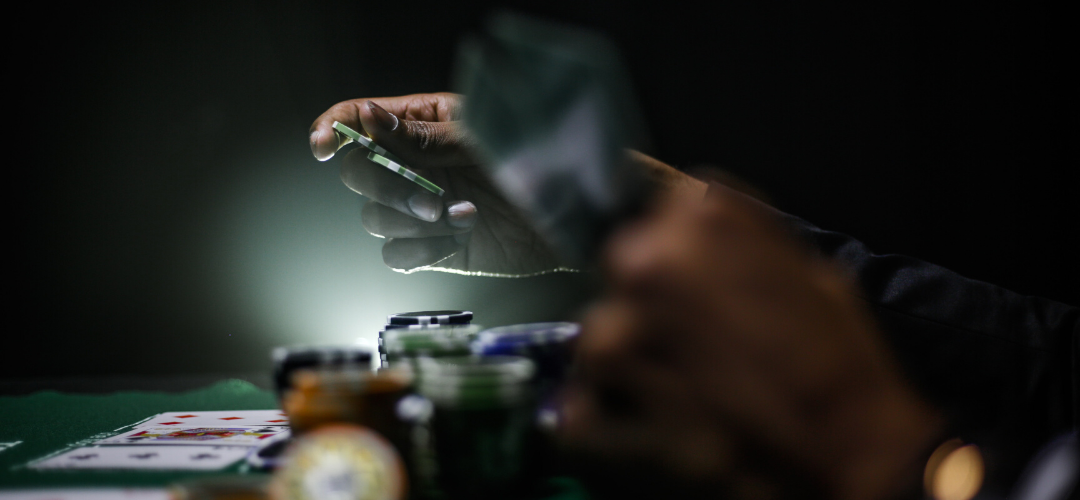Between isolation, the financial and emotional insecurities people are feeling, healthcare professionals, are concerned the coronavirus crisis may well fuel the next wave of gambling addiction.
With the COVID-19 lockdown going on, you might find yourself with more time on your hands than usual and that can lead you to feeling bored and unsettled. For some people, boredom is just part of life, a passing feeling that is embraced or ignored. Others find boredom stifling and for those people boredom can be dangerous and disruptive – and so they could be at higher risk of gambling.
You can think of gambling as a three-legged table of danger: money, access and boredom/time. The danger posed by gambling at this time becomes acute. The good news is that by knocking out one of the legs a potential gambler will not be able to gamble even if s/he wants to.
To protect yourself there are a couple of things to consider. The first is to understand if you are potentially in danger of becoming a gambler, and if you are, to put measures in place to develop some habits and tips to minimise the possibility of getting yourself in trouble.
Warning signs of problem gambling
If you’re a student who gambles, there are a few questions you might want to ask yourself:
- Have you ever lied to your family, friends about your gambling or how much you spend, or have spent, on gambling?
- Do you spend a lot of time thinking about your gambling or future gambling?
- Have you ever tried to stop, cut down or control your gambling?
- You gamble with money you can’t afford to lose
- You attempt to recover losses by gambling more
If you answer yes to any of the following you may want to chat with someone, or log in and check our Risk pathway for some ideas on how to approach this problem (and maybe check out Debt pathway too, there are some great strategies in there for tackling debt challenges.)
Tips
- You may feel like you’re powerless to stop gambling but help will help. Talk about your gambling problems with somebody you trust who won’t judge you. This could be a family member, friend or professional counsellor at Gamcare.
- Avoid high-risk situations by limiting your exposure to gambling triggers and limiting your access to money. Don’t carry credit cards or large amounts of money with you and put blockers on gambling websites and apps. Go here to find out how.
- Self-exclusion is a facility for those that have decided that they wish to stop gambling for at least six months and wish to be supported in their decision to stop. To find out more about how you can get support click here.
- Gambling blocking software can be downloaded and block access to online gambling sites like Gamban and GAMSTOP.
- Digital banks allow customers to block all transactions related to gambling to help people who might be more vulnerable to temptation with an effective tool to help them regain control.
- When free time does occur – fill it! Schedule tasks and take particular care to ensure that money is limited when you’re bored. Find a replacement activity or hobby.
- Set goals – setting short-term and long-term goals may help you to stay focused and clear about cutting down or giving up your gambling.
- Be kind to yourself – acknowledge your challenges but also your achievements, your strengths and attributes. We are all flawed.
Remember, you are not alone and it’s possible to overcome a gambling problem. Find inspiration in the stories of real people who have overcome their gambling problems.
Resources:
United Kingdom
- Find out how to talk to someone about their gambling here, or call the National Gambling Helpline to receive support and access free, confidential counselling.
- Gambling Therapy App
- Gamblers Anonymous
- NHS website
Australia
New Zealand

